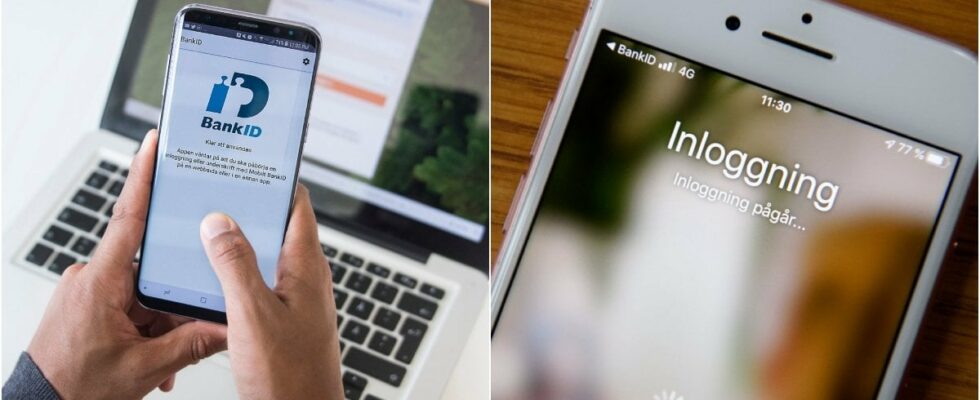Falling victim to hackers is many people’s worst nightmare. Seeing one’s accounts locked puts a damper on most things. The worst is, of course, if money is emptied from one’s accounts. Therefore, it can be good to have different passwords that are difficult to crack, in order to reduce the risk of someone being able to figure it out, whether it concerns login details for different accounts or login to the bank.
In addition, it is also not uncommon for technology in the home to be vulnerable to a hacker attack. Earlier this year, over 91,000 televisions, of which over 6,000 in Sweden, were at risk of being attacked.
READ MORE: The warning: TVs are at risk of being hacked – found in 6,000 Swedish homes
Photo: Martina Holmberg / TTM Billions of passwords leaked
Despite many people’s fear of being exposed to fraudsters or hackers, it is a real threat in the times we live in.
Unfortunately, that has also become reality. A user with the pseudonym “ObamaCare” has recently published close to 10 billion passwords in an unformatted text file, the site writes Mashable.
“This gigantic list of leaked passwords, known as ‘RockYou2024’, gives hackers an important tool that can be used in a brute force attack,” they write.
DO NOT MISS: Has your password been leaked? Then you MUST do this
Photo: Jessica Gow/TT This is how you know if you have been affected
Since the risk of being exposed to a hacker attack is obviously very present has News24 been in contact with the cyber security consultant Linus Kvarnhammarwhich explains that the billions of passwords that have been leaked are not linked to specific users.
– There is no way to see where the passwords come from or which individuals they belong to.
He also explains how you can find out if you are affected.
– The best way to investigate whether your email address has been part of a leak is to use the free service www.haveibeenpwned.com. There you can enter your email address and get information about the leaks where it occurs.
In the event that it should result and you suspect that one or more passwords have been leaked, you should take immediate action.
– If you suspect that one of your passwords has been leaked, you should change it in all places where you have used it. Important accounts should also have a unique password that you don’t use elsewhere and that you enable 2-factor authentication, also known as 2FA or MFA, he says.
READ MORE: The hacker’s best tip: How to protect your car against cyber threats
Seven tips you should follow – to reduce the risk of being hacked
In conclusion, Kvarnhammar shares several pieces of advice and tips that will help you be better protected in the future, and thus also reduce the risk of being exposed to a hacker attack.
DO NOT MISS: The items the hacker refuses to have in his home: “Can’t trust them”
